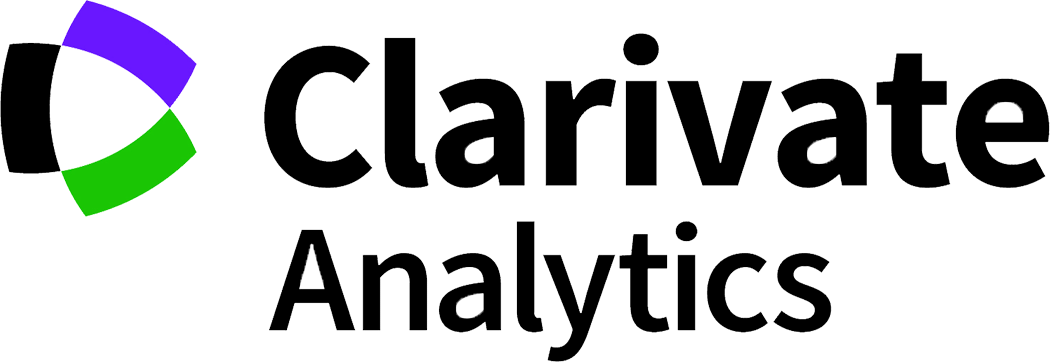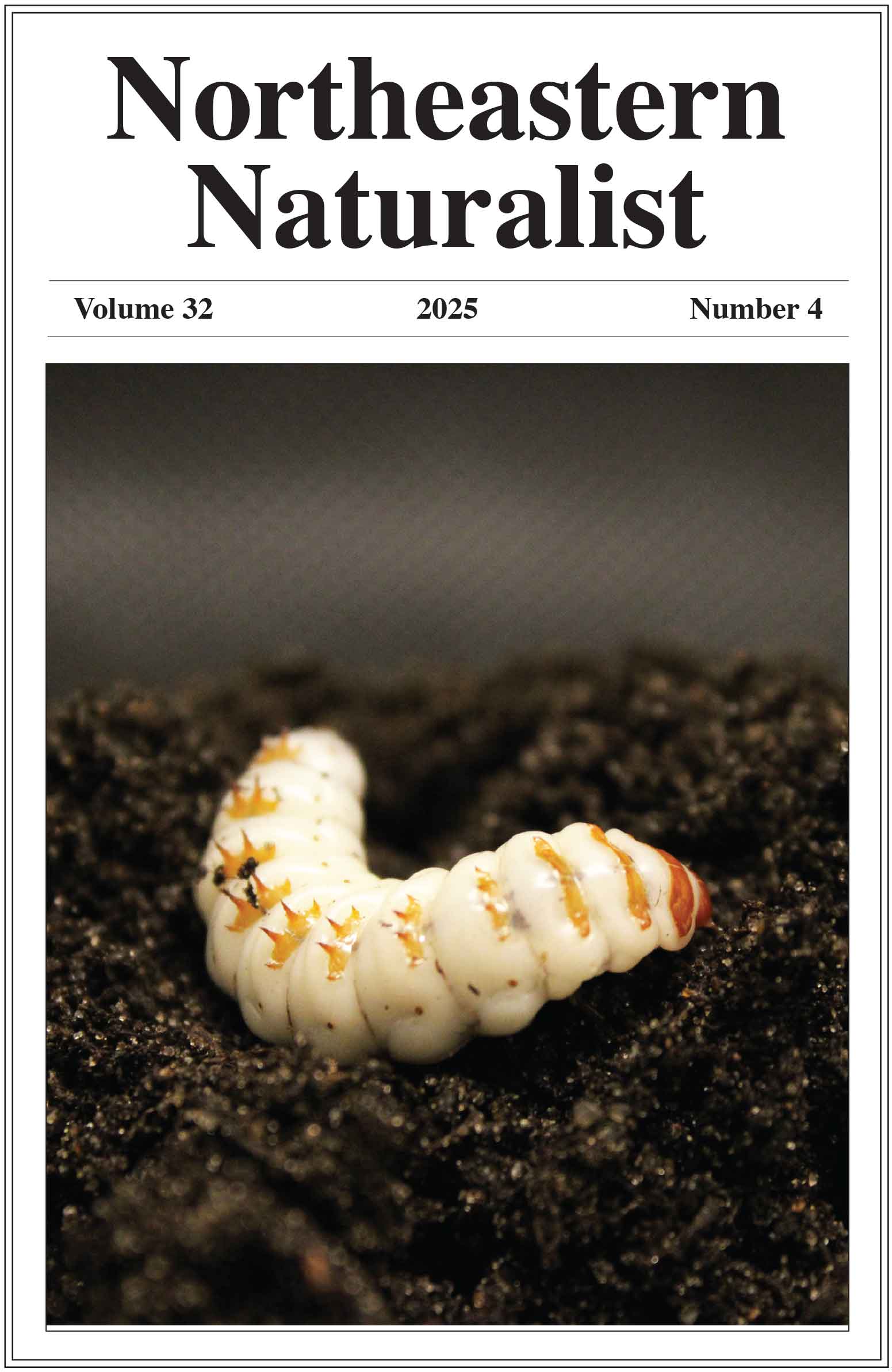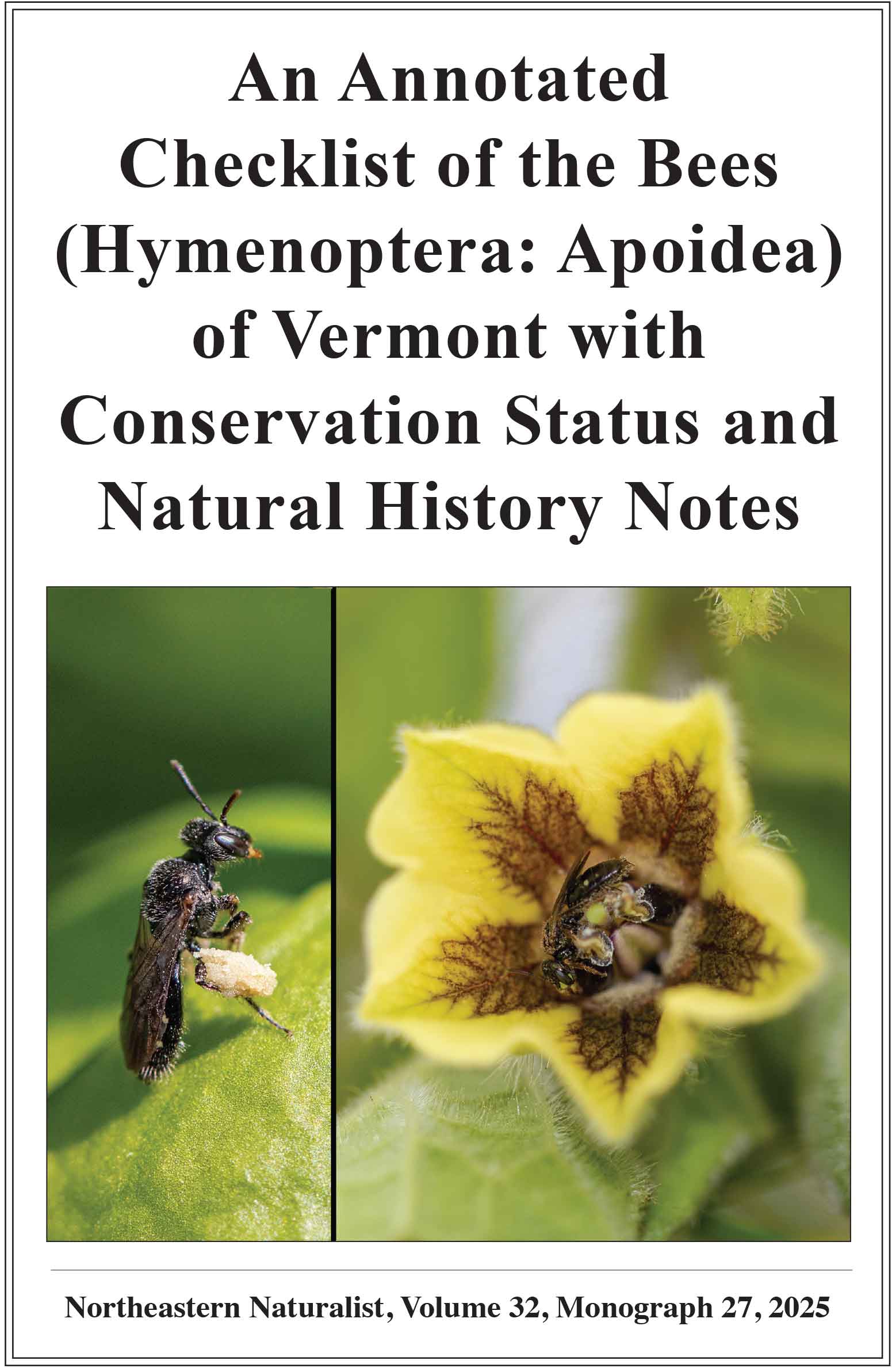Acadia National Park Winter Birds: 51 Years of Change Along the Coast of Maine
Kyle A. Lima1,*, Seth Benz1, Peter R. Nelson1, William Townsend2, and Nicholas A. Fisichelli1
1Schoodic Institute at Acadia National Park, Winter Harbor, ME 04693. 2Retired, National Park Service, Bar Harbor, ME 04609. *Corresponding author.
Northeastern Naturalist, Volume 29, Issue 4 (2022): 441–453
Abstract
There is a long history of recording bird observation in Acadia National Park, ME. These studies and resulting long-term data sets provide evidence of changes happening within and around the park, as well as an opportunity to compare local dynamics with trends detected in regional to continental-scale studies. Over 51 years (1971–2021), community volunteers in and around Acadia National Park engaged in annual Christmas bird counts (CBC), collecting valuable information to assess winter bird-population dynamics and species trends. We analyzed the cumulative data from 2 CBC circles that encompass Acadia and the surrounding lands and waters to generate a combined summary of early winter population-trend estimates for 162 species. We found a 43% reduction in the total number of birds over the 51-year study, with 42 species exhibiting declines, and 33 species showing increasing abundance. The annual number of species observed has declined by over 7%; however, the cumulative species in the full dataset continues to increase as newly observed species are added in most years. Our study complements many other studies from Acadia documenting ongoing changes in the physical environment and coastal biota. Conservation and management actions take place at the local level (e.g., Acadia National Park), and local resource data and trends are critical to synthesize and share for effective decision making.
![]() Download Full-text pdf (Accessible only to subscribers. To subscribe click here.)
Download Full-text pdf (Accessible only to subscribers. To subscribe click here.)
Access Journal Content
Open access browsing of table of contents and abstract pages. Full text pdfs available for download for subscribers.
Issue-in-Progress: Vol. 33(1) ... early view
Check out NENA's latest monograph and Special Issue:













 The Northeastern Naturalist is a peer-reviewed journal that covers all aspects of natural history within northeastern North America. We welcome research articles, summary review papers, and observational notes.
The Northeastern Naturalist is a peer-reviewed journal that covers all aspects of natural history within northeastern North America. We welcome research articles, summary review papers, and observational notes.